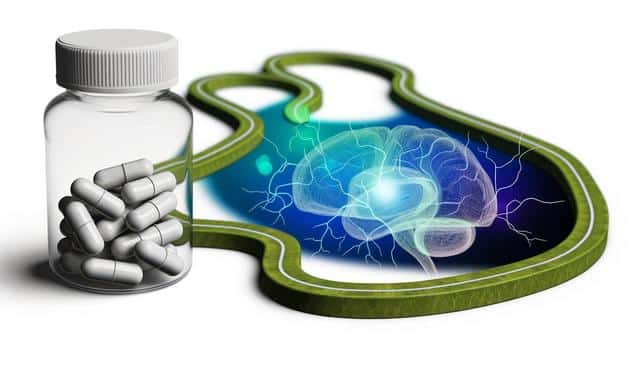Managing Parkinson’s Symptoms with Medication
Medications play a pivotal role in managing Parkinson’s symptoms by targeting the underlying neurological disruptions causing motor and non-motor symptoms. The primary goal of these medications is to replenish or mimic dopamine, the neurotransmitter deficient in individuals with Parkinson’s. Common medications include:
- Levodopa-Carbidopa: Often the cornerstone of Parkinson’s treatment, this combination helps reduce motor symptoms by converting to dopamine in the brain.
- Dopamine Agonists: These mimic dopamine effects and can be used alone or in conjunction with Levodopa.
- MAO-B Inhibitors: These prevent the breakdown of brain dopamine, thus enhancing its availability.
Choosing the right combination of medications to manage Parkinson’s symptoms is essential, as it can significantly impact the effectiveness of the treatment regimen and the patient’s lifestyle.
Advanced Parkinson’s Therapies
In addition to traditional medications, advanced Parkinson’s therapies are providing promising results for those with more challenging symptoms. These therapies include deep brain stimulation (DBS), an invasive procedure that helps control movement symptoms when medications are insufficient. Another advanced option is the use of continuous drug delivery systems, which ensure a steady release of medication, thereby reducing the fluctuations in motor control experienced by many patients. Such innovative approaches are essential components of Parkinson’s disease treatment, offering new avenues for symptom relief and overall disease management.
Exploring Relief Options for Parkinson’s
Exploring all available relief options for Parkinson’s is crucial for a comprehensive treatment plan. Besides pharmaceutical interventions, lifestyle changes and supportive therapies, such as physical and occupational therapy, can enhance the effectiveness of treatment. Diet and exercise also play supportive roles in boosting energy levels, maintaining mobility, and promoting an overall sense of well-being. Alternative therapies, including acupuncture and massage, though not a replacement for medication, can provide additional symptom relief. Remaining informed about the latest advancements in effective medicine for Parkinson’s allows patients to make educated decisions about their health and treatment strategies.
The Future of Parkinson’s Disease Treatment
As research advances, the future of Parkinson’s disease treatment looks promising, with the continuous development of more precise and personalized medications. Scientists are exploring gene therapy and the role of neuroprotective agents that have the potential to modify disease progression. Stem cell research is another field that holds promise for regenerating damaged neurons or introducing new cells capable of producing dopamine. While these therapeutic avenues are still in experimental stages, they highlight the drive towards more sophisticated and targeted Parkinson’s medication options. The integration of new knowledge into existing treatment frameworks promises a future where the quality of life for Parkinson’s patients can be markedly improved, offering hope and optimism in the ongoing fight against this challenging disease.

